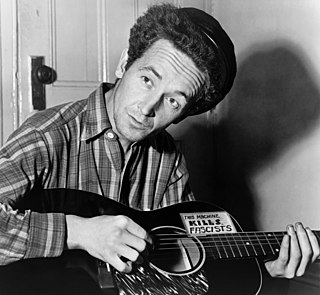A Quote by R.J. Rushdoony
Law is good, proper, and essential in its place, but law can save no man, nor can law remake man and society.
Related Quotes
The law is equal before all of us; but we are not all equal before the law. Virtually there is one law for the rich and another for the poor, one law for the cunning and another for the simple, one law for the forceful and another for the feeble, one law for the ignorant and another for the learned, one law for the brave and another for the timid, and within family limits one law for the parent and no law at all for the child.
Cleverly assorted scraps of spurious science are inculcated upon the children to prove necessity of law; obedience to the law is made a religion; moral goodness and the law of the masters are fused into one and the same divinity. The historical hero of the schoolroom is the man who obeys the law, and defends it against rebels.
The Gospel is temporary, but the law is eternal and is restored precisely through the Gospel. Freedom from the law consists, then, not in the fact that the Christian has nothing more to do with the law, but lies in the fact that the law demands nothing more from the Christian as a condition of salvation. The law can no longer judge and condemn him. Instead he delights in the law of God according to the inner man and yearns for it day and night.








































